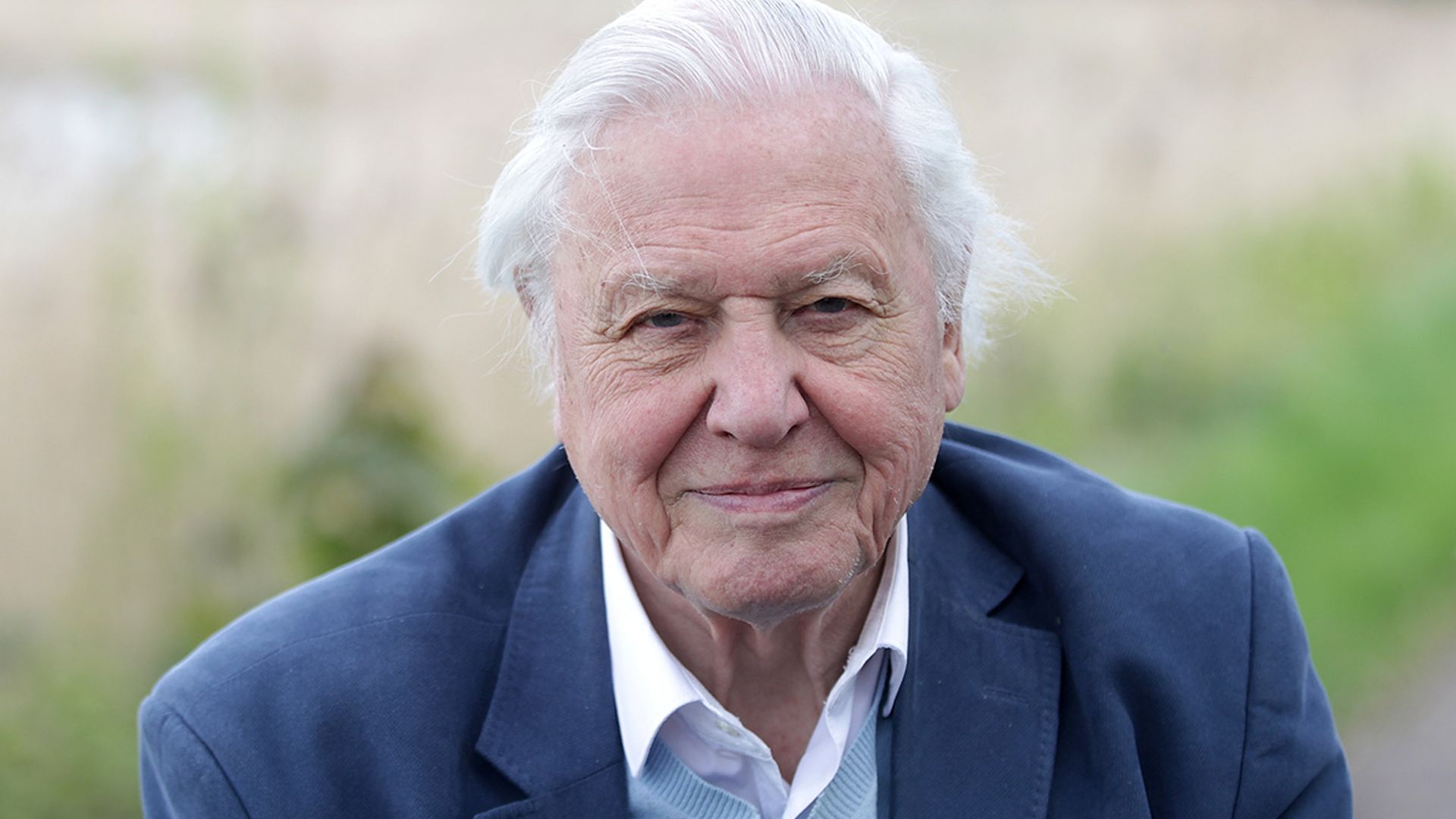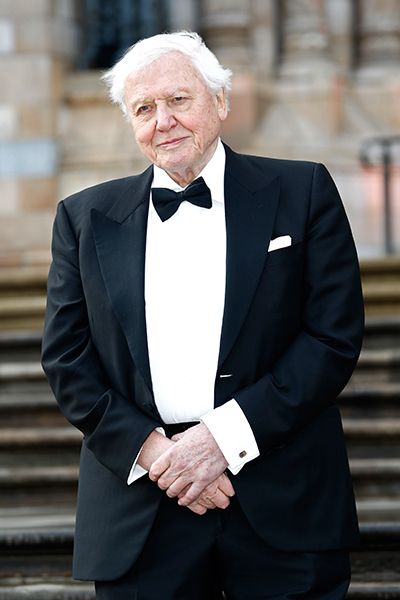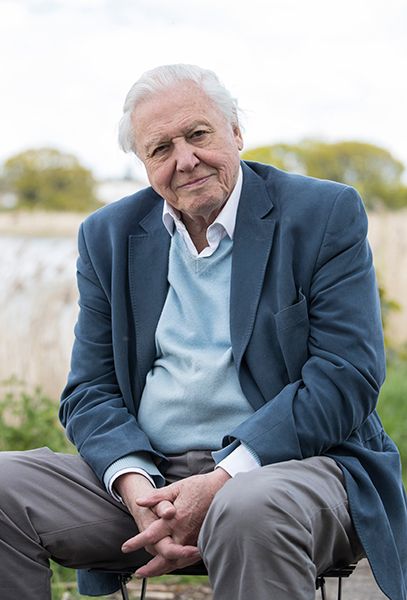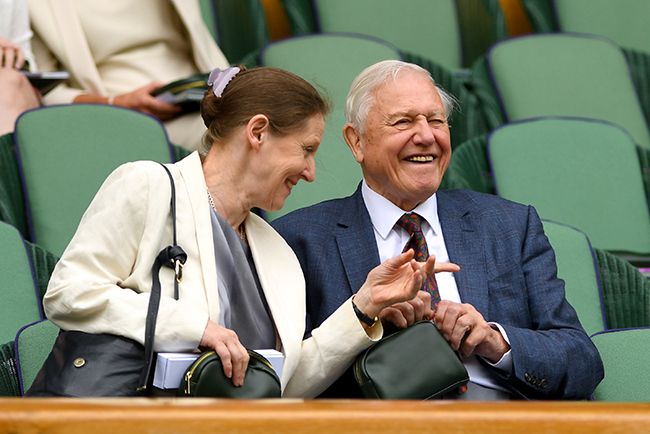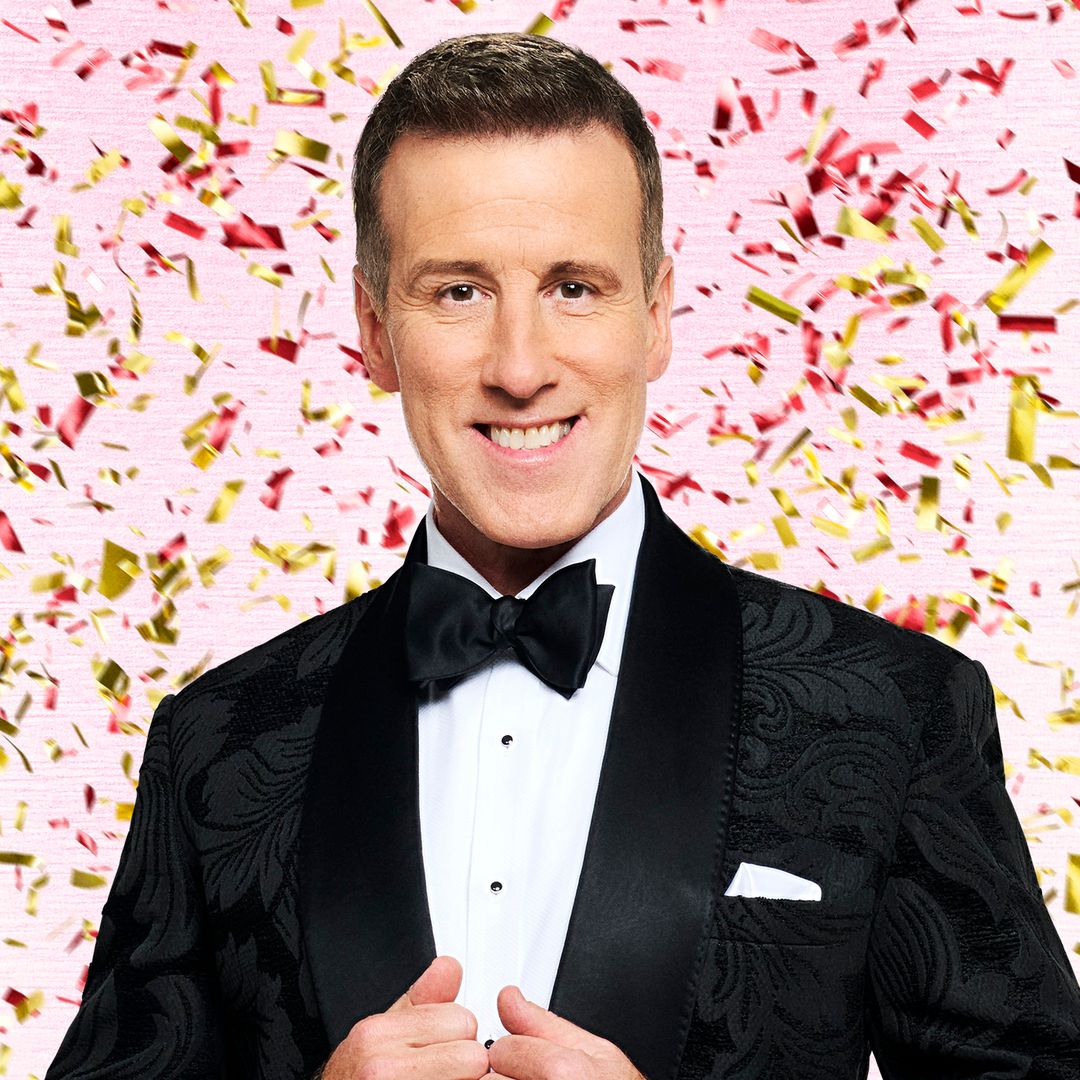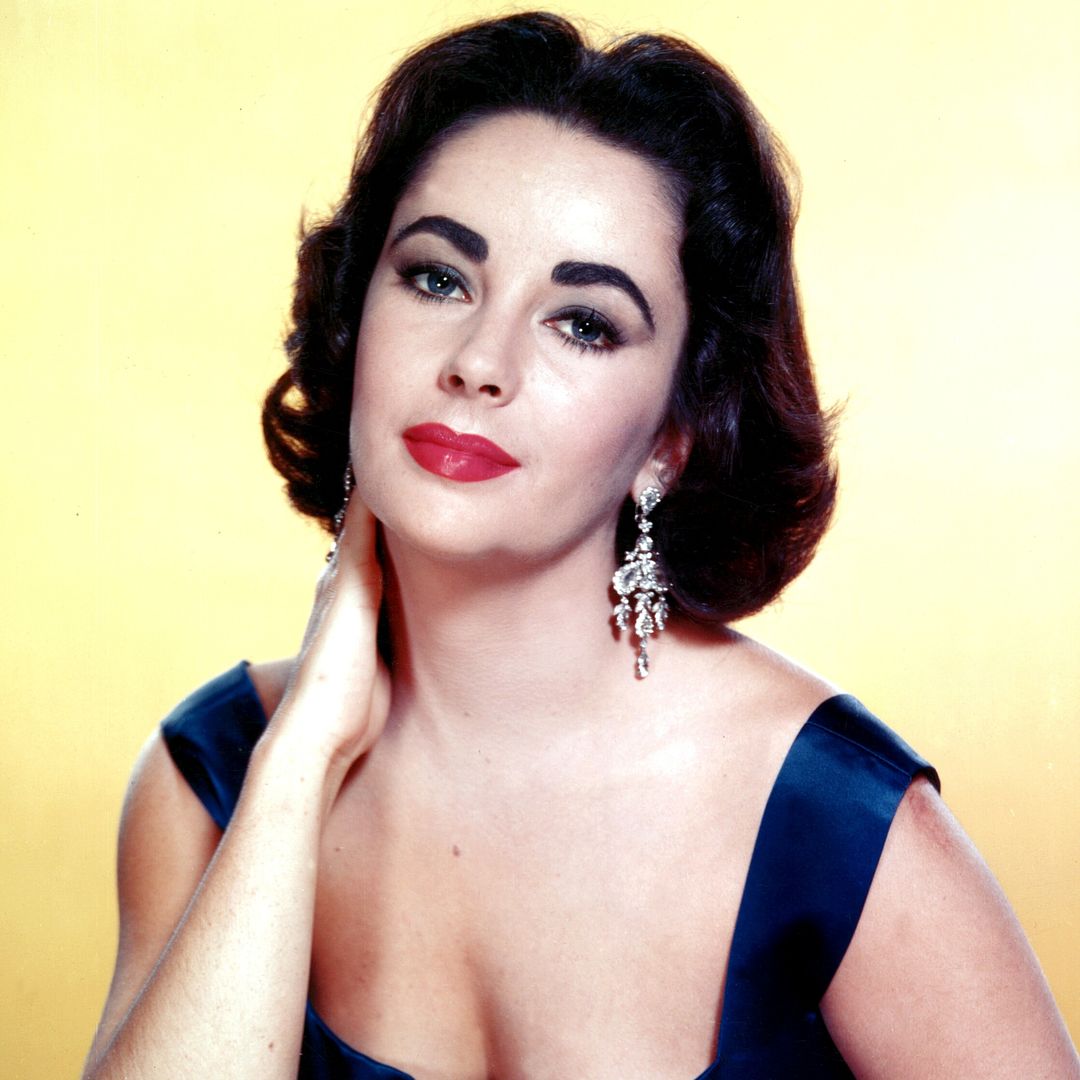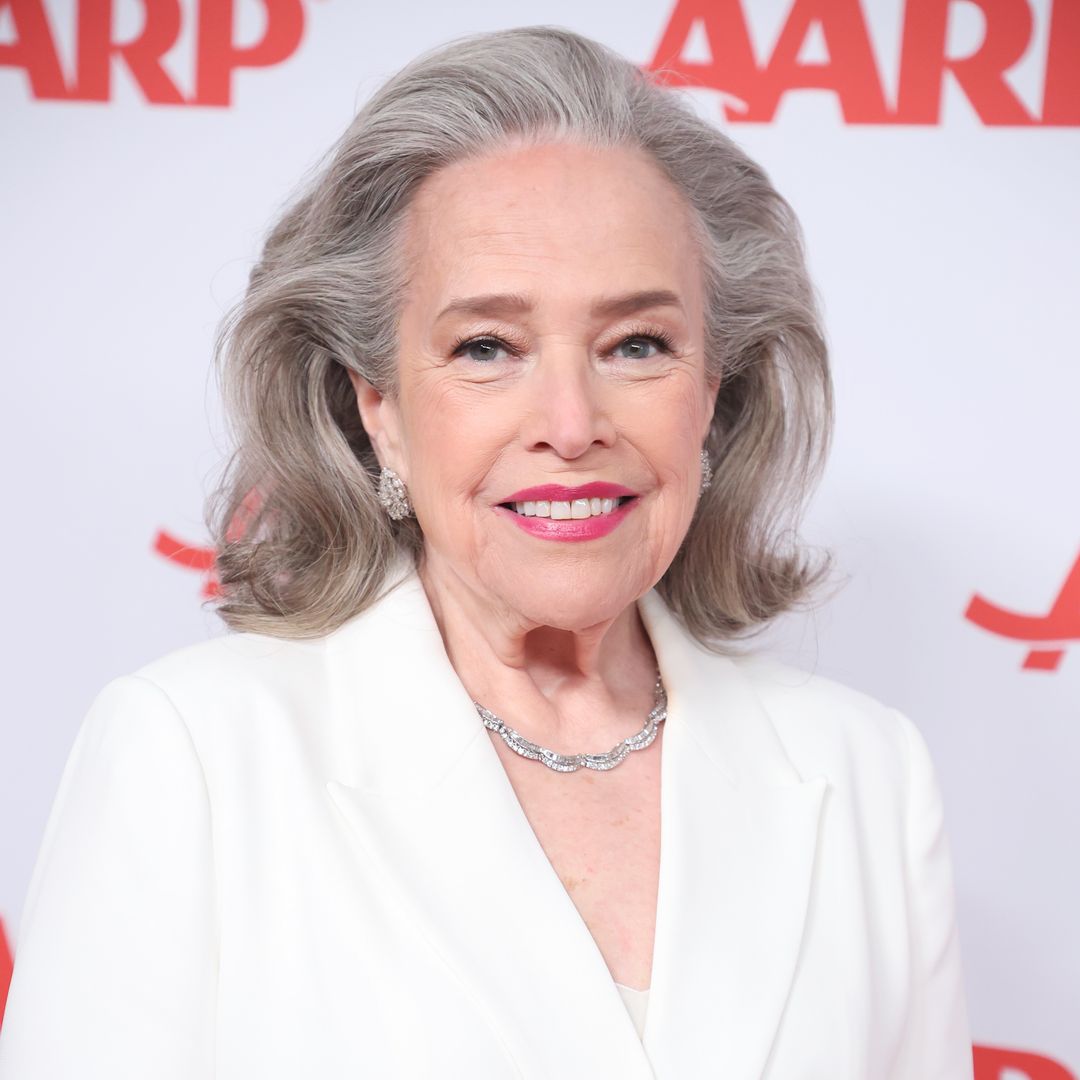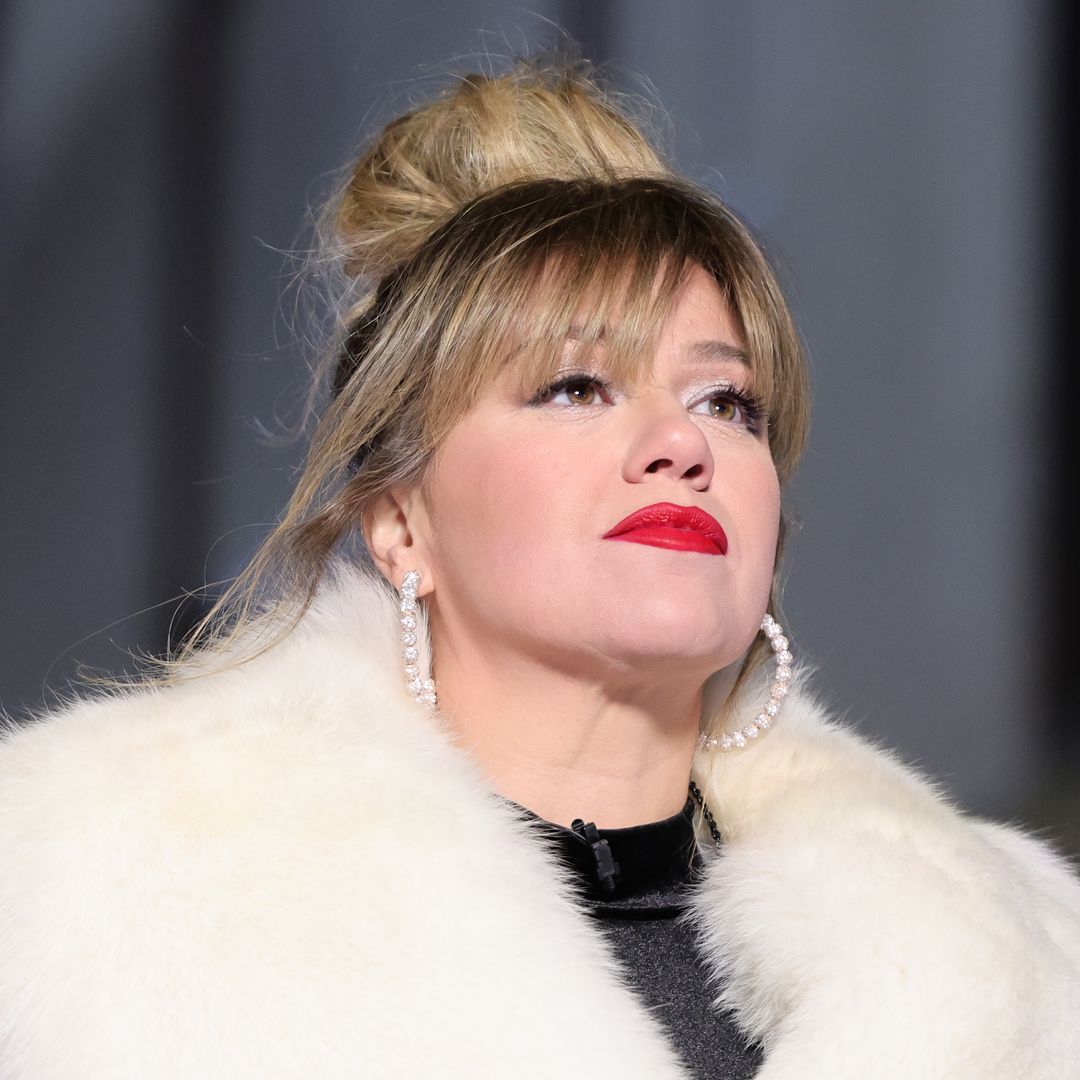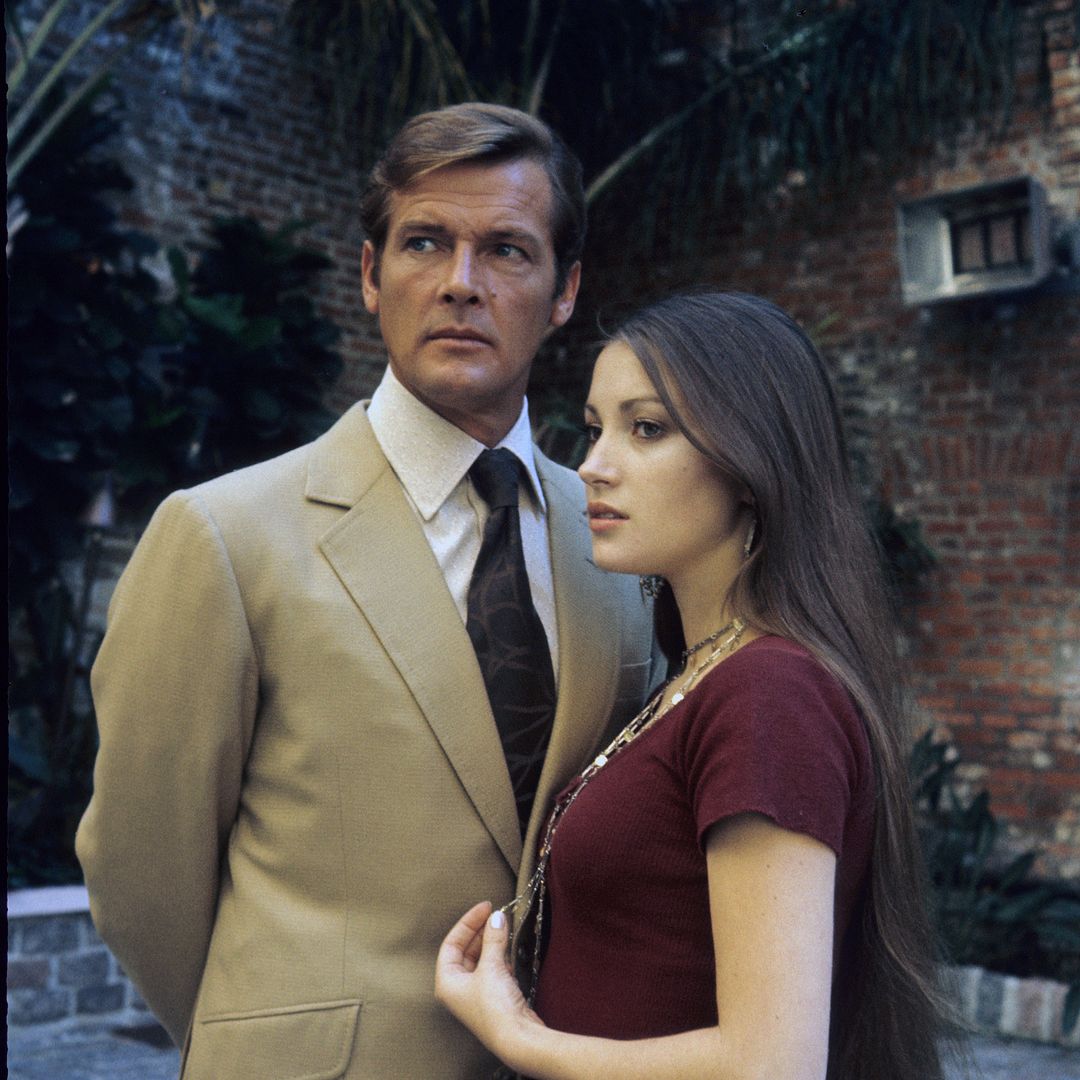David Attenborough is one of our most-loved icons, known for his thrilling documentaries and extraordinary knowledge of the animal kingdom. He is a national treasure that the public adore, but how much is the natural historian worth? According to Spear's, the 92-year-old has an estimated net worth of £24 million, but how did David accumulate this fortune?
BBC
Before fame, David was called up for national service in the Royal Navy and spent two years in North Wales and the Firth of Forth. After leaving the Navy, the broadcaster took a position editing children's science textbooks for a publishing company. David applied for a job as a radio talk producer with the BBC shortly after and was rejected for that role but offered a three-month training course, joining the BBC in 1952. His first projects were as a producer for the Talks department including producing the quiz show Animal, Vegetable, Mineral? and Song Hunter, a series about folk music.
The 92-year-old has an estimated net worth of £24 million
The father-of-two's first programme he presented and produced was a three-part series called Animal Patterns, that featured animals from London Zoo. Through this production, David was encouraged to present Zoo Quest and other documentaries like the Travellers' Tales.
READ MORE: Strictly Come Dancing announces new host - you won't believe who!
Studying and returning to the BBC
In the early 1960s, David resigned from the BBC to study for a postgraduate degree in social anthropology at the London School of Economics but decided to return to the BBC before he finished his studies as controller of BBC Two.
In 1969, the upcoming star was promoted to director of programmes, where he was responsible for the output of both BBC channels, including firing staff. There were whispers in 1972 of David being a possible candidate for the position of Director-General of the BBC but he decided to resign to follow his dreams that were in broadcasting.
This led David to become a freelance broadcaster, working on scripts for Life on Earth, a successful story of life that raised the bar for the quality of wildlife films. The writer went on to narrate every episode of Wildlife on One, a BBC One wildlife series that ran for 253 episodes, and over 50 episodes of Natural World.
David went on to make The Blue Planet (2001), Planet Earth (2006) and Frozen Planet (2011).
David holds 32 honoury degrees from universities across the UK
READ MORE: Prince William to interview TV royalty David Attenborough for this special reason
Awards
The famous naturalist holds a record of 32 honorary degrees from universities across the UK, including Oxford and Cambridge. David was awarded a knighthood in 1985, and even has numerous species named after him, including a Peruvian frog (Pristimantis attenboroughi). His work has won three British Academy Television Awards for Best Specialist Factual in 2011, 2014 and 2017. However, the nation was left in shock when Blue Planet II lost out on the award in 2018, beaten by the BBC Two film Rage to Riches.
Personal Life
David was born in 1926 in London and grew up alongside his two brothers, one of whom was the acting legend, Richard Attenborough. He was raised on the campus of the University of Leicester where his dad was the principle but chose to attend the University of Cambridge when he went to university.
In 1950, the environmentalist married Jane Oriel, who sadly died in 1997 from a brain hemorrhage. The couple have two children, Robert, a senior lecturer in bioanthropology for the School of Archaeology and Anthropology at the Australian National University in Canberra, and Susan, a former primary school headmistress. Following the death of his wife, David spoke to Radio Times: "You accommodate things… you deal with things. I'm quite used to solitude in the wilds, but, no, an empty house is now what I enjoy. But my daughter's there. In moments of grief – deep grief – the only consolation you can find is in the natural world."
Following the death of his wife, Susan moved in with David
David will turn 93 in May, but has no interest in retiring, telling The Guardian: "If I was earning my money by hewing coal, I would be very glad indeed to stop. But I'm not. I'm swanning round the world looking at the most fabulously interesting things. Such good fortune." The narrator did explain that there would only be one reason to stop broadcasting: "If I thought I was turning in substandard work, that would stop me."
Like this story? Sign up to our newsletter to get other stories like this delivered straight to your inbox.
